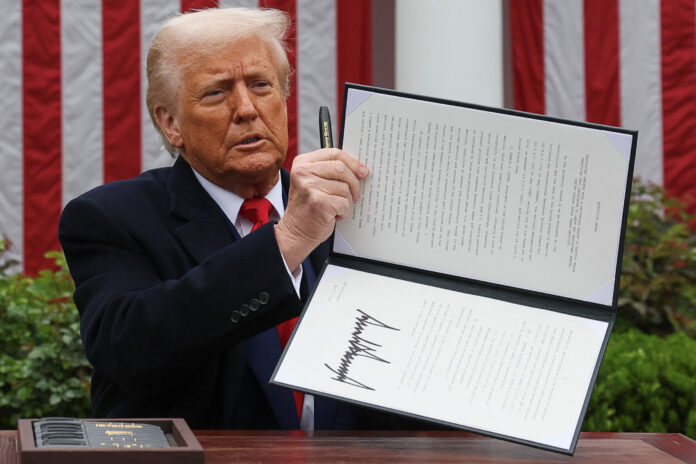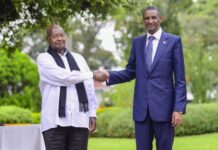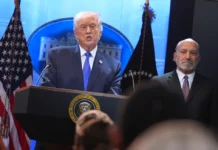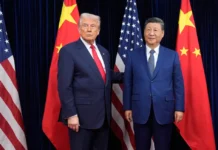
President Donald Trump is tearing up more than half a century of established trade policy, launching a bold—and controversial—new round of tariffs that took effect just after midnight on Wednesday.
These new import duties target goods from major U.S. trading partners, including China and the European Union, with dramatic hikes. The Trump administration argues the tariffs are essential for reviving America’s manufacturing sector, which it sees as a cornerstone of national security.
However, the scale of the move is enormous—impacting over $2 trillion worth of imports—and is set to raise the overall U.S. tariff rate to levels not seen in over a hundred years.
For American consumers, this could mean steep price increases, with clothing prices alone projected to jump by 33%. Economists warn the fallout could ripple across the globe, shrinking international trade, reducing production overseas, and slowing economic growth worldwide.
Facing stock market volatility and growing political pressure, the White House has attempted to calm markets by hinting at potential trade talks. Officials have cited early discussions with countries like Japan, Vietnam, and South Korea.
Still, Trump has shown little interest in repeating the exemptions he allowed during his first term. Even if negotiations move forward, hammering out individual trade deals will be a lengthy process.
“The key question is whether negotiations will even happen,” said Thierry Wizman, global strategist at Macquarie investment bank. “No one knows yet—it all depends on the willingness of both sides to engage.”
Tensions are particularly high with China, America’s third-largest source of imports last year. On Tuesday, the White House announced it was proceeding with Trump’s threat to slap an additional 50% tariff on Chinese imports—on top of the already announced 54%—unless China backs down from its retaliatory measures.
Chinese embassy spokesperson Liu Pengyu would not confirm whether direct talks have taken place. But China has made its position clear: it views Trump’s actions as “bullying” and refuses to be intimidated.
“If the U.S. insists on a trade war, regardless of its own interests and those of others, China will fight back to the end,” Liu said in a statement.
The escalating conflict has left American companies deeply unsettled—especially those with long-standing ties to Chinese manufacturing. Jay Foreman, CEO of toy company Basic Fun!—known for Tonka Trucks and Care Bears, mostly made in China—said the situation is dire.
“You’d laugh if you weren’t crying,” he remarked. Foreman has already ordered suppliers to stop shipping goods to the U.S., after the government announced tariffs on Chinese products starting at 104%.


















